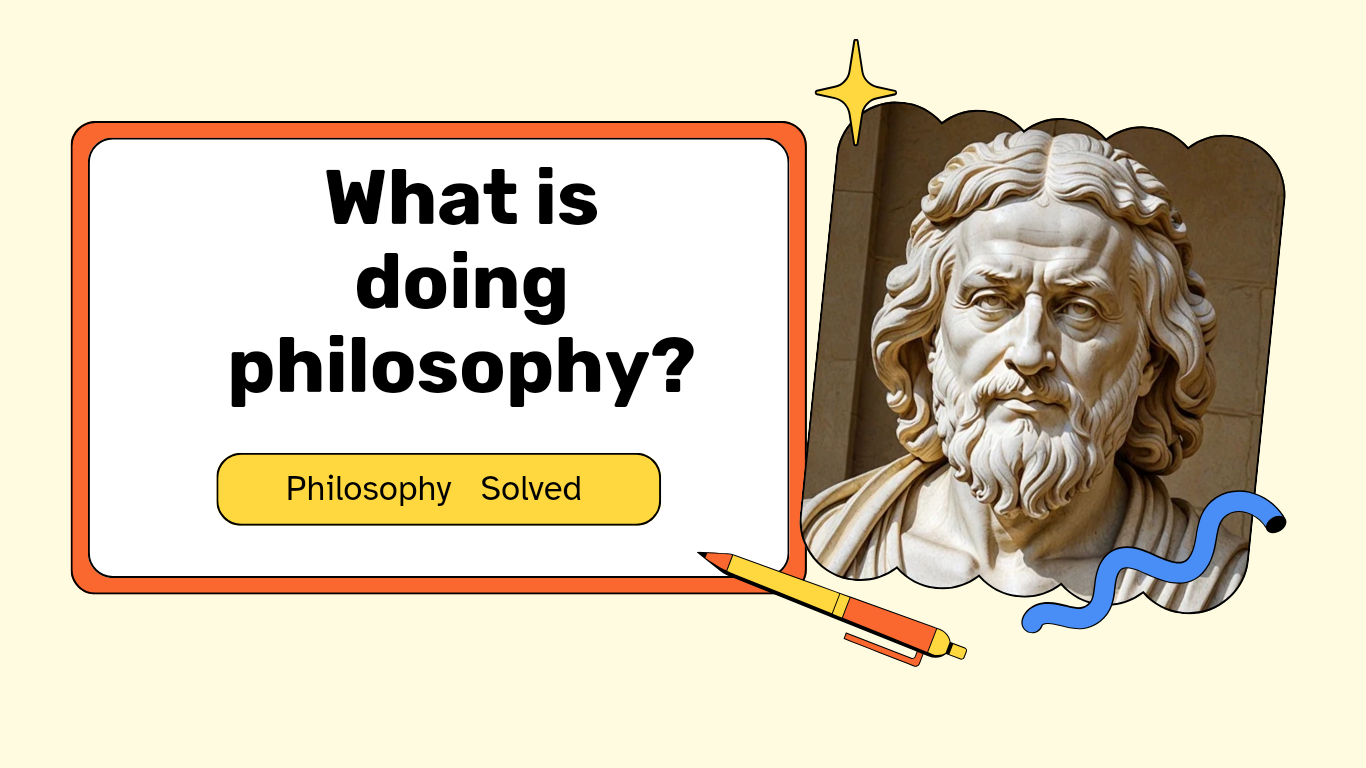Is Logic Math or Philosophy?

Logic has long been a discipline that falls between mathematics and philosophy. To make sense of whether logic is "math" or "philosophy," one has to consider the historical development of logic, its applications in each field, and the ways in which both mathematics and philosophy use logical reasoning. In conclusion, the answer is nuanced: logic is both a mathematical and a philosophical discipline, and its importance for either subject brings out different aspects of human reasoning, formalization, and truth. The Historical Roots of Logic Logic traces its origins to ancient philosophy. The term "logic" itself is derived from the Greek *logos*, meaning reason or discourse. The earliest and one of the most influential philosophers to develop the formal logical systems was Aristotle, who laid the ground for syllogistic logic during the 4th century BCE. Aristotle, on the other hand, dealt with the principles of valid reasoning and categorizing dif...

